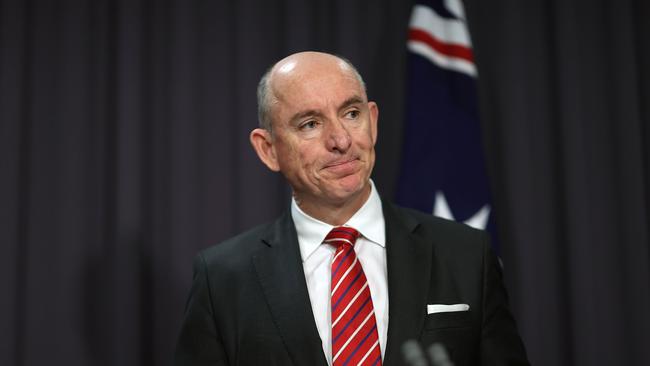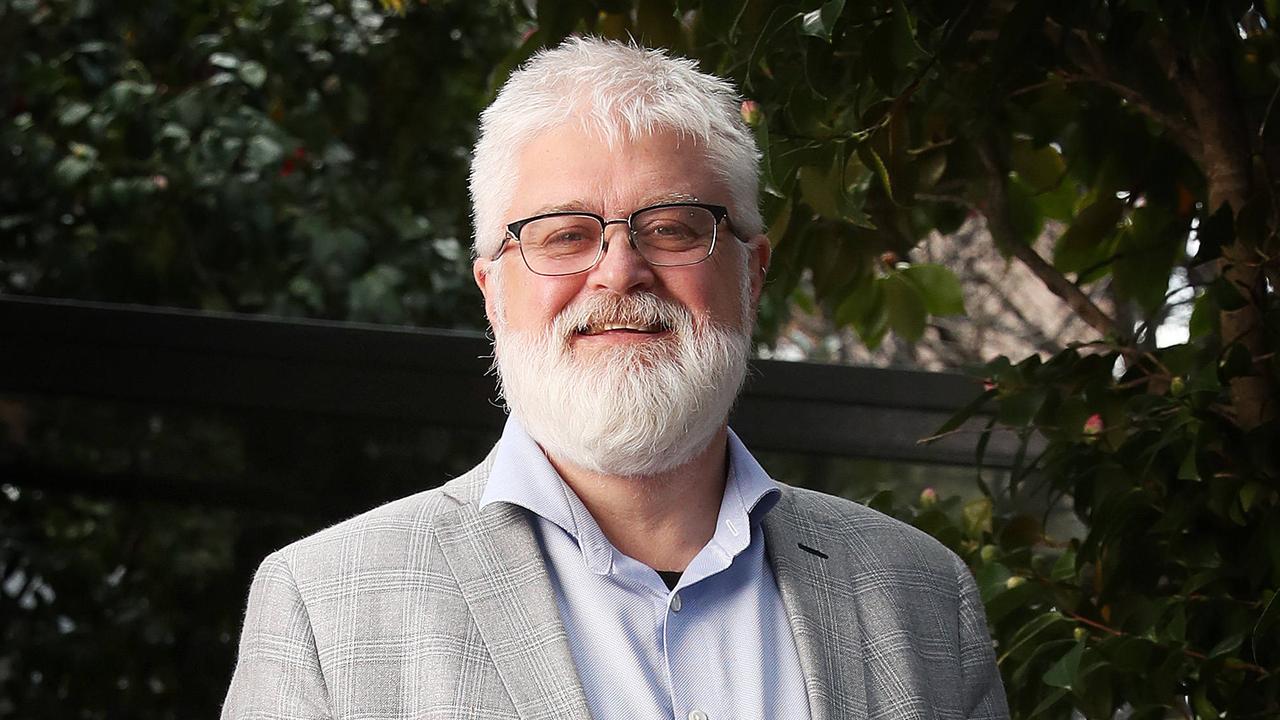
Just look at the actions of the Morrison government before the 2019 election. There was the “sports rorts” affair, in which grants for sporting clubs were focused on marginal seats. And then there was the commuter car parks scandal, in which a nearly $400m program to build car parks near railway stations was guided, not by need, but by which stations were in marginal electorates. This government’s record gives us every reason to believe it is more than capable of using research grants for political ends.
So Stuart Robert, the acting education minister who in December vetoed six research grants that had been recommended by the Australian Research Council, should not be wondering why his decision has been met with such trenchant opposition from the academic community.
Although if there was a political motive behind Robert’s actions it was not pork barrelling of marginal seats. Cancelling projects such as “New possibilities: Student climate action and democratic renewal” smells more of an effort to fan the culture wars.
University leaders are justifiably up in arms at the ministerial interference and one of them, Australian National University vice-chancellor Brian Schmidt, reminds us that two recent Coalition education ministers, Dan Tehan and Simon Birmingham, also vetoed ARC grants, although some were later restored.
In his annual State of the University address on Monday, Schmidt further made the point that the Labor opposition also supports the principle of ministers having the power to reject ARC recommendations on research grants.
“As things stand, both major parties agree it is appropriate for the minister to wield this power. Political interference has bipartisan support. I see this as an existential threat to Australian universities,” he said.
“My strong view, a view held by many university leaders, whether they say it out loud or not, is Australia needs an apolitical system to allocate research funding and a review of the Australian Research Council.”
University of Sydney vice-chancellor Mark Scott says the Australian system of permitting a ministerial override of funding decisions is not in line with other countries we compare ourselves with. “It doesn’t work this way in the world’s great liberal democracies and it harms the credibility of funding schemes,” he says.
Scott urges the minister to meet researchers and address the deep concerns they have.
It’s easy to see why some researchers want politicians distanced entirely from the funding process. Their record does nothing to give confidence that politics would be kept out of funding decisions.
But researchers also need to recognise that an elected government is ultimately responsible and should, in extremis, be able to reject a grant. The key to a successful system is to build in strong institutional integrity as well as real checks-and-balances, transparency and clear accountability.
For example, if a minister wishes to veto a grant, it should not be an easy process. They should be required to give detailed reasons to parliament and show why the offending grant proposal does not meet stated requirements.
Researchers are right to be wary and cynical. The evidence that politicians will misuse grants for political ends is everywhere. Just look at NSW local government grants made by the Berejiklian government.
As us weary cynics know, democracy in practice is not best imaginable system. But, by a country mile, it’s the least worst, and that is worth fighting for.




It takes little imagine to picture what the result would be if the minister responsible for research had an unfettered say over which projects got funded and which universities or research institutions received the money.